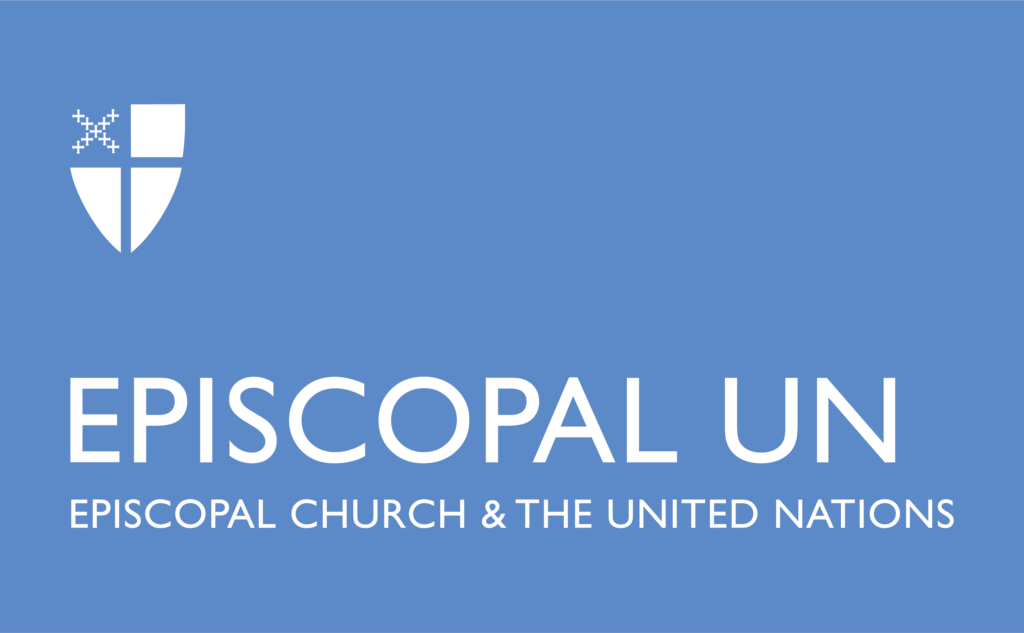Her Story: #CSW62 – Lydia Simmons, Diocese of South Dakota
HER STORY: #CSW62
During the United Nations Commission on the Status of Women’s 62nd session (CSW62), our Church is present through the voices of many Episcopalians. Over the next few weeks, our blog series “Her Story: #CSW62” will feature the individual voices and stories of these Episcopalians, in their own words. In doing so, we not only amplify our own voices, but join up with those in our wider ecumenical family through Ecumenical Women, a coalition of faith-based Christian organizations who are featuring the same theme. Follow our stories via the Episcopal Church and the UN blog, Facebook and Twitter platforms and hashtags #EpiscopalCSW and #EpiscopalUN. Interested in guest blogging? Contact us at Lynnaia Main.
Today we feature guest blogger Lydia Simmons from the Diocese of South Dakota, a delegate with the Presiding Bishop’s delegation of The Episcopal Church:
” ‘I have seen the barriers that girls face, and I am determined to break them down.’ These words by education advocate Kiki James have resonated with me because I feel they describe my passion and why I am called to this work. My name is Lydia Simmons from the Diocese of South Dakota, and I am representing the Presiding Bishop at UNCSW. A little bit about me: I am a senior at Augustana University in Sioux Falls, SD, and I study philosophy and Spanish with a minor in music. I will also be attending seminary in the fall. Being from South Dakota, I have grown up around people from rural communities and have had a lot of experience with what the Episcopal Church’s rural ministries look like. Furthermore, I have spent time in rural India and Peru through study abroad opportunities at my university with the emphasis in both countries being a deeper religious understanding. These experiences played a substantial role in my decision to apply to be a part of the delegation to the UNCSW.
Since being at the UN, so many things have impacted me. A theme that has been particularly striking was first presented in our meetings with the Ecumenical Women. The idea central to this year’s session is the importance of a woman telling stories in her own words. The potency of a story told through a woman’s own words is something that was powerful in the stories of the Bible and is just as powerful from women around the world today. Stories of inequality in education, land rights, and health care highlight the dire need for these testimonies to be told. Recounts of empowerment, advancements, and policy change give us hope to push deeper for a solution to the most difficult problems. These two types of stories, when put together, create a conversation that has women from around the world empowering other women to go out and empower their communities to incite global change.
It is through strength and guidance from the Holy Spirit that we are able to go out and promote the Gospel through advocacy. By adhering to the Presiding Bishop’s wonderful statement we are able to enter into conversations on how we, as the church, can empower women and girls through the Gospel. It is amazing to see how Christ’s love is embodied in others and how we are able to feel connected as sisters and brothers in Christ through stories. As you continue to hold us in your prayers as we do this work, I ask you to specifically pray for the women and girls who are bravely sharing their stories that they may feel strengthened and loved by our God, and that our dialogue with others may be an honest reflection of the Gospel and the love and grace that accompany that.”


